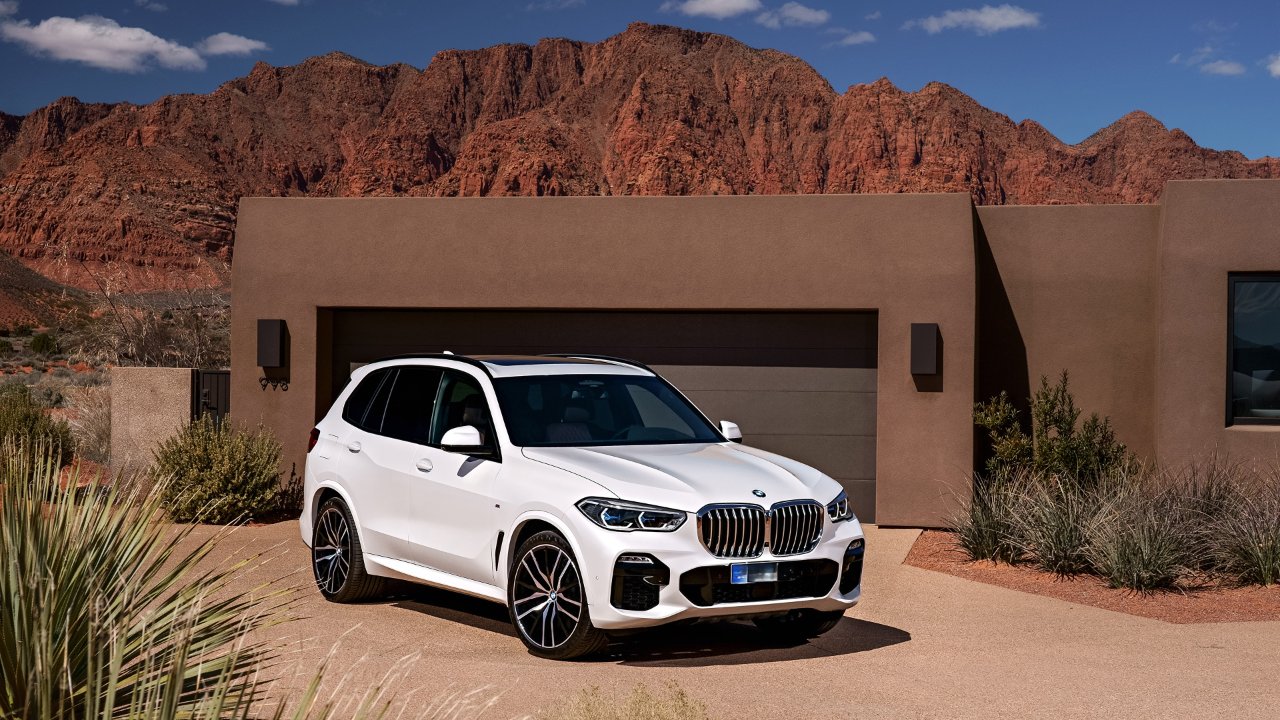
BMW 7 Series Engine: Driving, Performance, and Reliability
Car lovers' most desirable vehicle, BMW 7 series provide a terrific balance of power and durability and carry some of the best engines BMW has ever created. Considered as a luxury vehicle with its modern technology and outstanding performance, these premium sedans have always been synonymous with luxury. Whether you are a BMW owner, a car enthusiast or a mechanic seeking additional knowledge, This article will walk you through the engine growth of the 7 Series and how it influences driving experience.
Evolution of BMW 7 Series Engines
With new engine technologies included in every iteration, the 7 Series has evolved since its 1977 premiere. From strong V12s to inline-six engines, BMW has honed their engines to offer a flawless driving experience.
Early Models (E23, E32, E38) included naturally aspirated inline-six, V8, and V12 engines which are popular for their mechanical robustness and dependability. BMW's luxurious performance reputation was developed particularly by the V12.
2000s Turbo Era (E65/E66, F01/F02) Turbocharging exploded, delivering twin-turbo V8s and upgraded six-cylinders, increasing efficiency without compromising on power.
The most recent models (G11/G12, G70) have completely electric vehicles, mild-hybrid and plug-in hybrid choices which are demonstrating BMW's shift toward sustainability while holding its peak power and performance.
Performance: Capability Meets Refinement
The BMW 7 Series's engines are built to provide a fantastic blend of efficiency, reliability and power. Here is a closer view of what redefines their capability:
- Most contemporary engines with turbo charge feature give immense power using less gasoline(fuel economy)
- Smooth Power; These engines, whether V12 or an inline-six, provide constant flow of power and fastest torque.
- Newer models employ hybrid technologies to increase low-end performance and fuel economy while maintaining the BMWs signature driving sense.
Key Engine Types and their Ride Quality
When we talk about the BMW 7 series engine, we already know that they are expertly crafted to hold your status and ensure an enjoyable ride. Here is the gist of BMW 7 series engine’s driving feel;
Running smoothly and in balance, inline-six engines provide a strong blend of power and fuel economy.
V8 Twin-Turbo Engines keep comfort in mind while offering a surge of power that makes highway overtaking effortless.
Perfect for individuals who prefer luxury and speed, V12 Engines are the height of BMW engineering; they have unparalleled smoothness and power.
Reliability: How Long Do BMW 7 Series Engines Last?
Owners of BMW are very concerned about durability. Although the engines are built with care, lifetime depends on proper maintenance. These are some key points which you must consider to have your BMW running smoothly for decades;
Frequent Oil Changes; These engines need premium oil and quick changes to prevent wear.
Cooling System Inspection: BMW is truly a beast on the road and its heart is its engine which sometimes runs hot, thus a well-maintaining cool system is crucial to avoid overheating of the engine.
Turbocharger Check Up; Maintaining the happiness of turbocharged engines requires regular check-up using clean oil.
Stopping Carbon buildup; Direct injection engines can gather carbon deposits over time, therefore compromising performance. Frequent cleanings help things to run as they should.
Oil leaks are also a big threat to engine health which is usually caused by aged gaskets and seals.
The Driving Experience: What Factors Make BMW 7 Series Engines Unmatchable
Driving a BMW 7 Series is an experience in itself. Making that experience luxurious mostly depends on the engine:
- Whether you're accelerating or cruising, the 7 Series drives effortlessly with well-balanced engines.
- Quiet Cabins with huge power capacity is a plus point of BMW’s characteristics. Even the most powerful engines provide low cabin noise, which guarantees a comfortable ride.
- BMW's automatic gear systems guarantee quick and smooth transmissions since they are created to match and fit the engines.
Are you looking for BMW recondition engines in UK? Follow the link and find the best deal for you.
Some Common Alarming Signs
Having a high-performance BMW means meeting its demands. If you see any of these indicators, it could be time to see a professional:
- Unusual engine sounds (like to rattling or knocking)
- Loss of power or rough idling
- Warning lights on the dashboard; more smoke from the exhaust
Summary,
Being a celebrity among other luxury vehicles, The BMW 7 Series has a superpower of setting the standards for luxury and performance. With its perfectly crafted engines and seamless driving experience it's not just a drive, it's a true style statement. Whether your taste is for the elegance of a V12, the power of a twin-turbo V8, or the smoothness of an inline-six, each will work tirelessly for you if you keep it happy by maintaining it properly and preventing potential issues promptly.
Common Queries
Which is the most durable BMW 7 Series engine?
Because of their decent performance and less issues than turbocharged V8s and V12s, the inline-six engines like the B58 are typically considered as the most dependable.
What is the lifespan of a BMW 7 Series engine?
Regular maintenance lets a BMW 7 Series engine run over 200,000 kilometers. Always stay current with turbo maintenance, cooling system upkeep, and oil changes. This will increase your engine's shelf life.
Is maintenance expensive for BMW 7 Series engines?
Yes, due to their huge functioning and complexity, maintenance can be costly but it helps you avoid major issues down the road.
In a BMW 7 Series, what indications point to a failing turbocharger?
Watch for too much smoke, power loss, whistling sounds, and oil leaks.
Can my BMW 7 Series engine be tuned for higher performance?
Definitely! Many 7 Series engines are tuned specially the turbo charged engine responds well to tuning. Performance can be quite improved with new turbochargers, exhaust modifications, and ECU remapping.